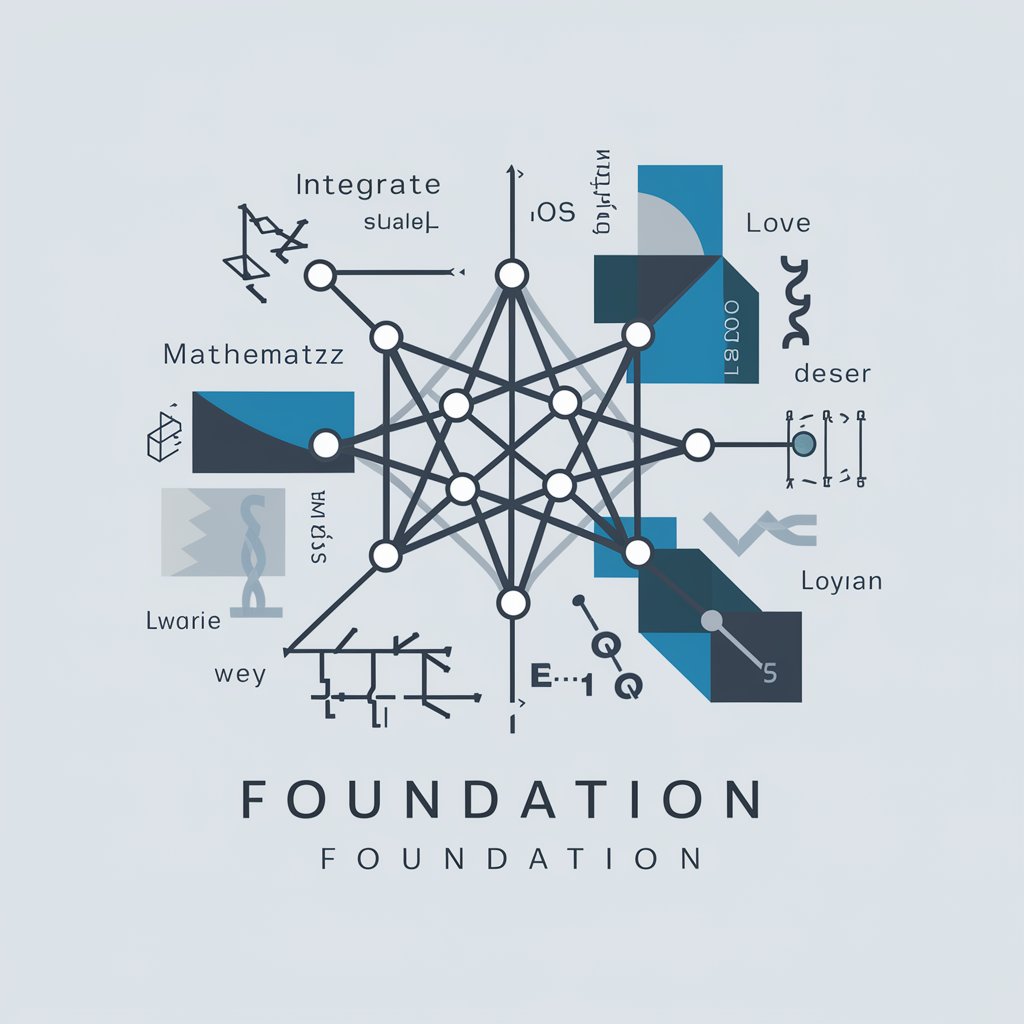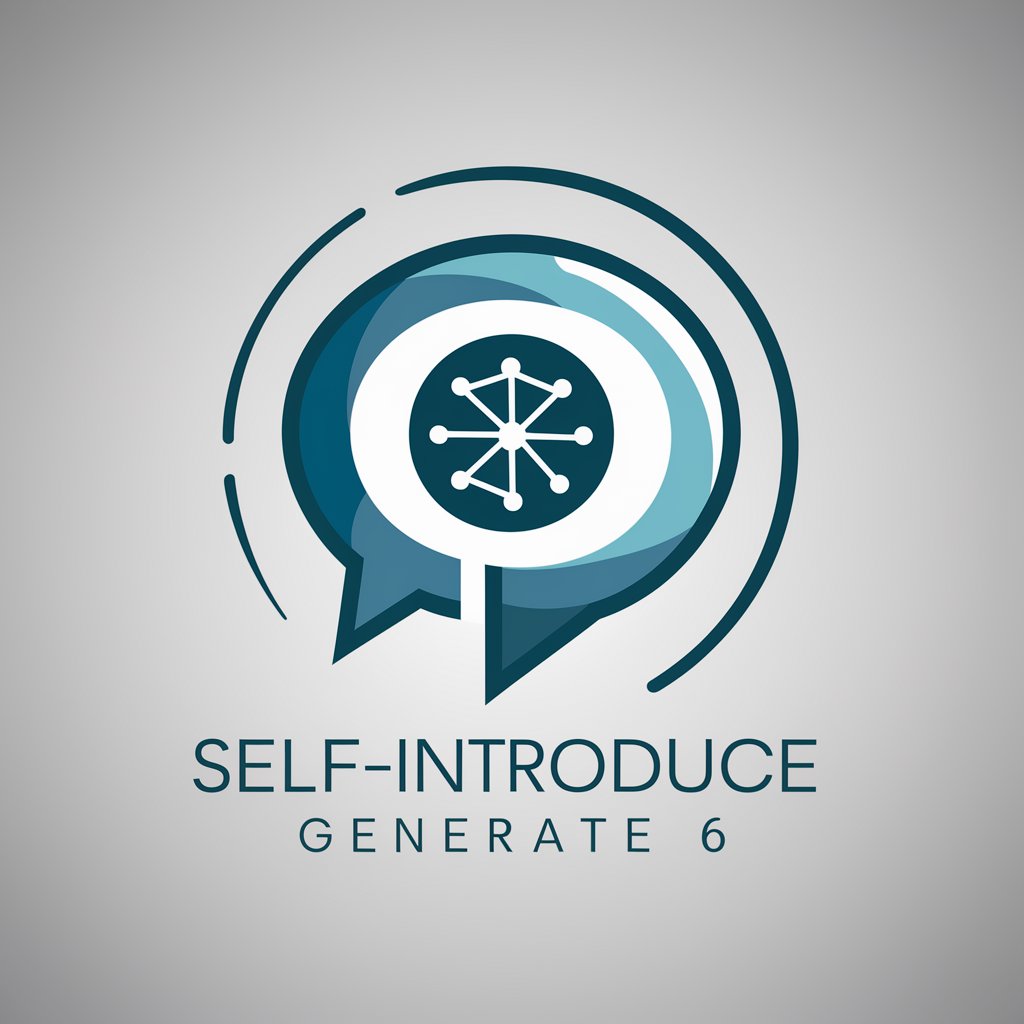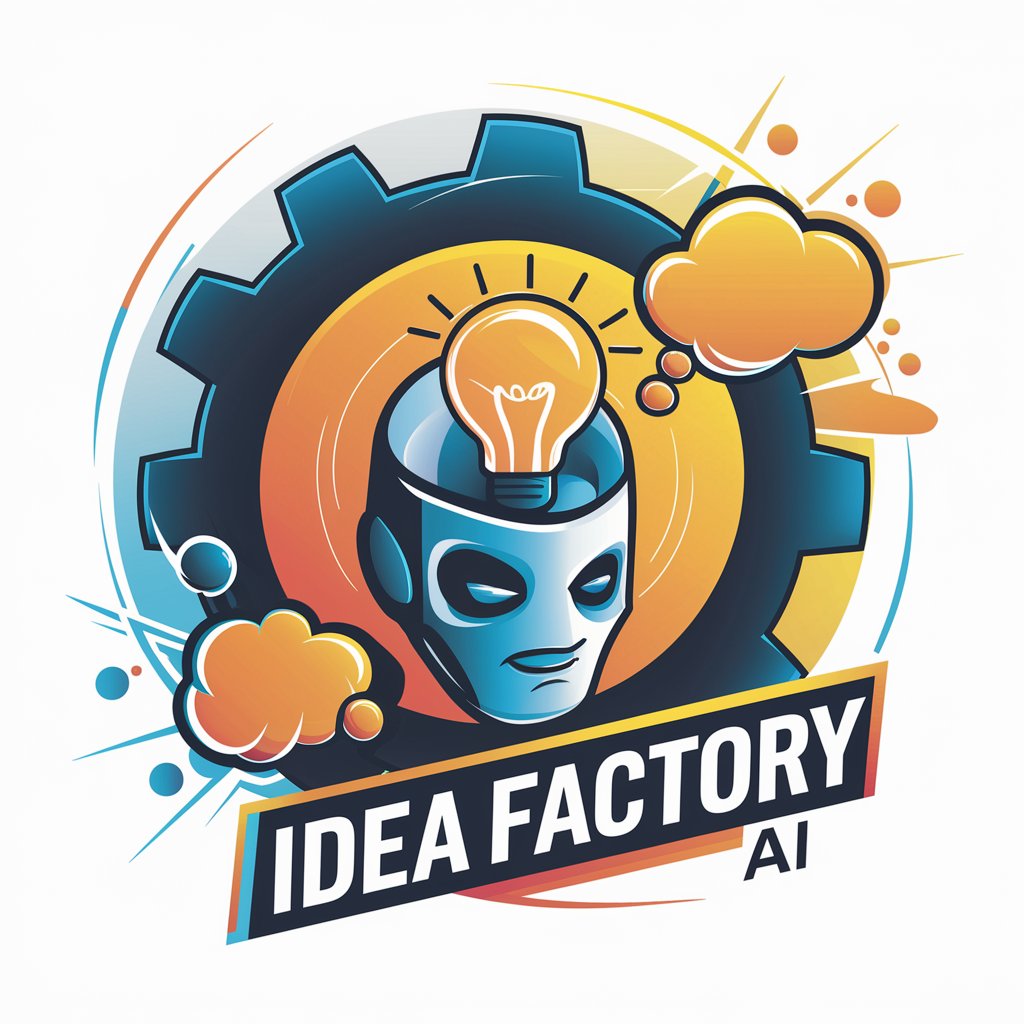Foundation in Machine Learning - The Mathematics - Comprehensive Math ML Guide

Welcome to the foundation of machine learning mathematics.
Master Machine Learning Foundations
Explain the concept of linear regression in machine learning.
Describe the importance of probability theory in machine learning.
What role does calculus play in optimizing machine learning models?
How is linear algebra used to solve systems of linear equations in machine learning?
Get Embed Code
Introduction to Foundation in Machine Learning - The Mathematics
The 'Foundation in Machine Learning - The Mathematics' is designed as a specialized tool to introduce users to the mathematical foundations essential for understanding and working with machine learning algorithms. This model focuses on explaining complex mathematical concepts such as linear algebra, probability, statistics, and calculus in a simplified manner. It serves to bridge the gap between high school mathematics and the more advanced mathematics required in machine learning, making the field accessible to a wider range of learners. For instance, users can learn about the concept of vector spaces or matrix decompositions and see how these mathematical ideas underpin machine learning techniques like PCA (Principal Component Analysis) and SVMs (Support Vector Machines). Powered by ChatGPT-4o。

Main Functions of Foundation in Machine Learning - The Mathematics
Linear Algebra
Example
Teaching about vector spaces and linear transformations, which are foundational for algorithms like PCA.
Scenario
A user wants to understand how data dimensionality reduction works, particularly through PCA, which utilizes eigendecomposition—a concept explained by linear algebra.
Probability and Statistics
Example
Explaining concepts like Bayesian probabilities and statistical independence, crucial for understanding algorithms like Naive Bayes or Gaussian Mixture Models.
Scenario
A data scientist is trying to refine a spam detection model using Naive Bayes and needs to understand how probabilities influence model predictions.
Calculus
Example
Illustrating how derivatives and integrals are used to optimize machine learning models through gradient descent or other optimization algorithms.
Scenario
A student learning about neural networks explores how calculus is used to perform backpropagation to train the network efficiently.
Ideal Users of Foundation in Machine Learning - The Mathematics
Students and Educators
Students in STEM fields and educators in mathematics or computer science can use this GPT to simplify complex mathematical theories relevant to ML, enhancing academic learning and teaching.
Data Science Professionals
Professionals needing to understand or refresh foundational mathematical concepts that underlie the machine learning algorithms they use in tasks such as data analysis or predictive modeling.
Self-Learners
Individuals engaged in self-directed learning who wish to access a structured and simplified approach to the mathematics behind machine learning, facilitating their journey into more advanced studies or career changes into tech-driven roles.

Steps for Using Foundation in Machine Learning - The Mathematics
1
Go to yeschat.ai for a complimentary trial, no signup or ChatGPT Plus required.
2
Download the PDF guide from the website to understand the mathematical concepts covered.
3
Use the PDF guide to study key mathematical foundations necessary for machine learning, such as linear algebra and probability.
4
Apply these concepts through the provided examples and exercises to reinforce learning and practical application.
5
Explore advanced topics in the later chapters for deeper insights into machine learning algorithms and their mathematical bases.
Try other advanced and practical GPTs
ODM Industry Introduce
Unveiling the Details of Electrical Parts

Guided Insights: A Journey with the Tarot Reader
Explore Your Path with AI-Powered Tarot

Story Introducer
Ignite Young Imaginations with AI

self-introduce generate 6
Craft Your Introduction with AI

Stickers Factory
Turn Ideas into Stickers Instantly

Idea Factory
Cultivating Ideas with AI

Disney World Introducer
Explore the Magic of Disney with AI

Parent Plus
Empowering Parents with AI Wisdom

Parent Helper
Smarter Learning, Powered by AI

AI Guy Compose+Reply
Craft Smarter Replies, Powered by AI

Christian Worldview
Empowering faith through AI-driven insights.

THiNC+LARGE
Empower Creativity with AI

Q&A on Foundation in Machine Learning - The Mathematics
What mathematical areas does the Foundation in Machine Learning - The Mathematics cover?
It covers essential areas like linear algebra, probability, statistics, and calculus. These topics are foundational for understanding various machine learning algorithms.
How can beginners best utilize this tool to learn about machine learning?
Beginners should start with the initial chapters on basic concepts and use the exercises provided to practice. Progressing sequentially through the topics will build a solid mathematical foundation.
Is there support for practical application of the theory presented in the guide?
Yes, the guide includes examples and practical exercises that apply theoretical concepts to real-world machine learning problems, helping to bridge the gap between theory and practice.
What makes this tool different from other machine learning educational resources?
Unlike many resources that focus only on the algorithms, this tool emphasizes the underlying mathematical concepts, providing a deeper understanding of how and why machine learning works.
Can this tool help with advanced machine learning topics?
Absolutely. For those ready to delve deeper, the later chapters cover advanced topics such as dimensionality reduction and support vector machines, among others.
